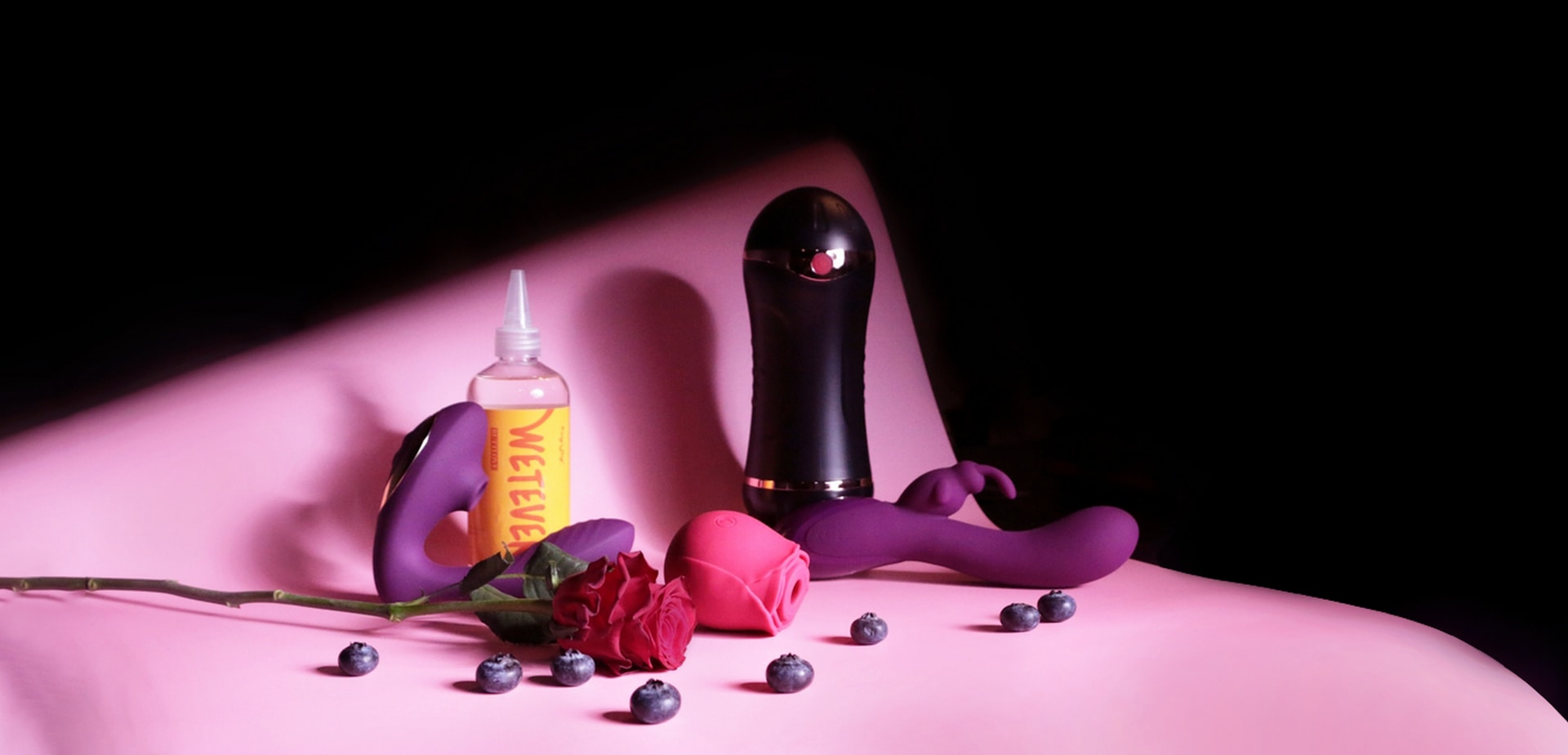Twelve years have passed since the Responsible Parenthood and Reproductive Health Act of 2012 (RH Act) was enacted in the Philippines, mandating Comprehensive Sexuality Education (CSE) in schools for students aged 10-19. However, as of 2024, CSE remains controversial, facing significant opposition, particularly from the Catholic Church.
The Church argues that teaching youth about sex education will lead to increased sexual activity. This article aims to debunk common myths about the implementation of this curriculum and explore its importance in fostering informed, responsible, and healthy behaviors among young people.
The Status of Sex Education in the Philippines
The Philippines has been in a constant push and pull when it comes to teaching sex education in schools. While there have been recent strides to normalize the topic, such as the RH Act’s push for CSE, its integration into the Philippine curriculum remains incomplete.
The Department of Education (DepEd) guidelines were introduced in 2018 but have not been uniformly implemented. Efforts were made to revisit the same policies in February 2023, but the CSE continues to be a contentious issue, primarily due to strong opposition from the Catholic Church.
Conservatives believe that sex education should be taught by parents, with abstinence as the primary focus. However, many parents are reluctant to discuss sex education openly. This reluctance, combined with the lack of formal sex education in the Philippines, has hindered progress and left many youths without essential knowledge.
Implementation of Sex Education in the Philippines
In 2024, the DepEd is revisiting the CSE curriculum with a renewed focus. The update aims to address critical issues such as curbing teen pregnancy, improving STD prevention, and reducing the risks of unsafe sex.
It also seeks to enhance responsible family planning, tackle overpopulation, and combat rising HIV rates. By providing young Filipinos with accurate and comprehensive sexual health education, the revised curriculum aims to foster healthier choices and behaviors.
4 Common Misconceptions About Sex Education in the Philippines: Debunked
Sex education in the Philippines is often misunderstood and surrounded by myths. This section will clarify common misconceptions about the new curriculum and reveal the facts that solidify its positive impact on youth and society.
1. It teaches the youth how to have sex
One prevalent misconception is that sex education encourages children to engage in sexual activities. In reality, sex education empowers students with the knowledge and skills to make informed and responsible decisions. It aims to teach the following:
- Protection and safety from sexually transmitted infections (STIs) and unintended pregnancies.
- Healthy relationships that promote respect, consent, and communication.
- Informed decision-making about their sexual health.
Rather than encouraging sexual activity, the curriculum provides students with the tools they need to navigate relationships and sexual health responsibly.
2. It will encourage pre-marital intercourse
The real purpose of sex education is to provide accurate, age-appropriate information about sexuality and sexual and reproductive health. While sex may be pleasurable for most, it also comes with a lot of risks—notably health-related ones.
With sex education, DepEd aims to offer clear and factual information that will help students with decisions when it comes to their sexualities, bodies, and relationships. It empowers them with the tools they need to understand consent, prevent infections, and practice safe sex.
3. It only covers contraception and family planning for young kids
Another misconception is that sex education focuses solely on topics like contraception and family planning for young students. In reality, the curriculum is designed to be age-appropriate and tailored to the developmental stage of the students.
It starts with fundamental concepts such as body awareness, respect, and consent for younger children. As students mature, it addresses more complex topics like contraception and family planning, typically for those aged 15-19. This approach ensures that the education is relevant and appropriate for students at different stages of their development.
4. Abstinence-only programs are better than sex education
Abstinence-only programs emphasize no sex before marriage but often fall short of providing a comprehensive view of sexual health. Research shows that simply telling teens to abstain doesn’t prevent sexual activity. By excluding broader sexual health education, these programs leave students without the essential information they need to make informed decisions.
In contrast, CSE covers how to protect oneself, prevent unwanted pregnancies, and talk about reproductive health issues in the Philippines. CSE prepares young people for real-life situations by equipping them with essential knowledge rather than relying solely on abstinence.
Are There Negative Effects on Sex Education?
Due to incomplete implementation, the potential negative effects of sex education in the Philippines remain unclear, and assumptions about its impact are premature.
However, what is clear is the need to foster open conversations about sex education, both in schools and at home. The Philippines faces one of the highest teenage pregnancy rates in Asia, with over 500 adolescents becoming pregnant and giving birth daily. Notably, pregnancies among girls aged 10-15 increased by 35% between 2021 and 2022.
Embracing CSE can improve sexual health, promote safe exploration of one’s body, and normalize discussions on topics like sex toys, sexual wellness, and sexual confidence. This approach can lead to healthier attitudes and better education for our children.
The Importance of Sex Education in the Philippines
Sex is more than just pleasure—it’s about overall well-being and healthy relationships. CSE offers young people essential knowledge and values for safer sex practices, understanding puberty, and recognizing the importance of consent. It also helps reduce the risk of violence and abuse.
To truly support sexual health, explore how sex toys and lubricants can enhance both pleasure and safety. At Pink Bunny, we offer a range of products that not only promote sexual pleasure but also ensure your health and comfort, including barrier contraception like condoms. Embrace total sexual wellness and educate yourself for a safer and more enjoyable experience!




